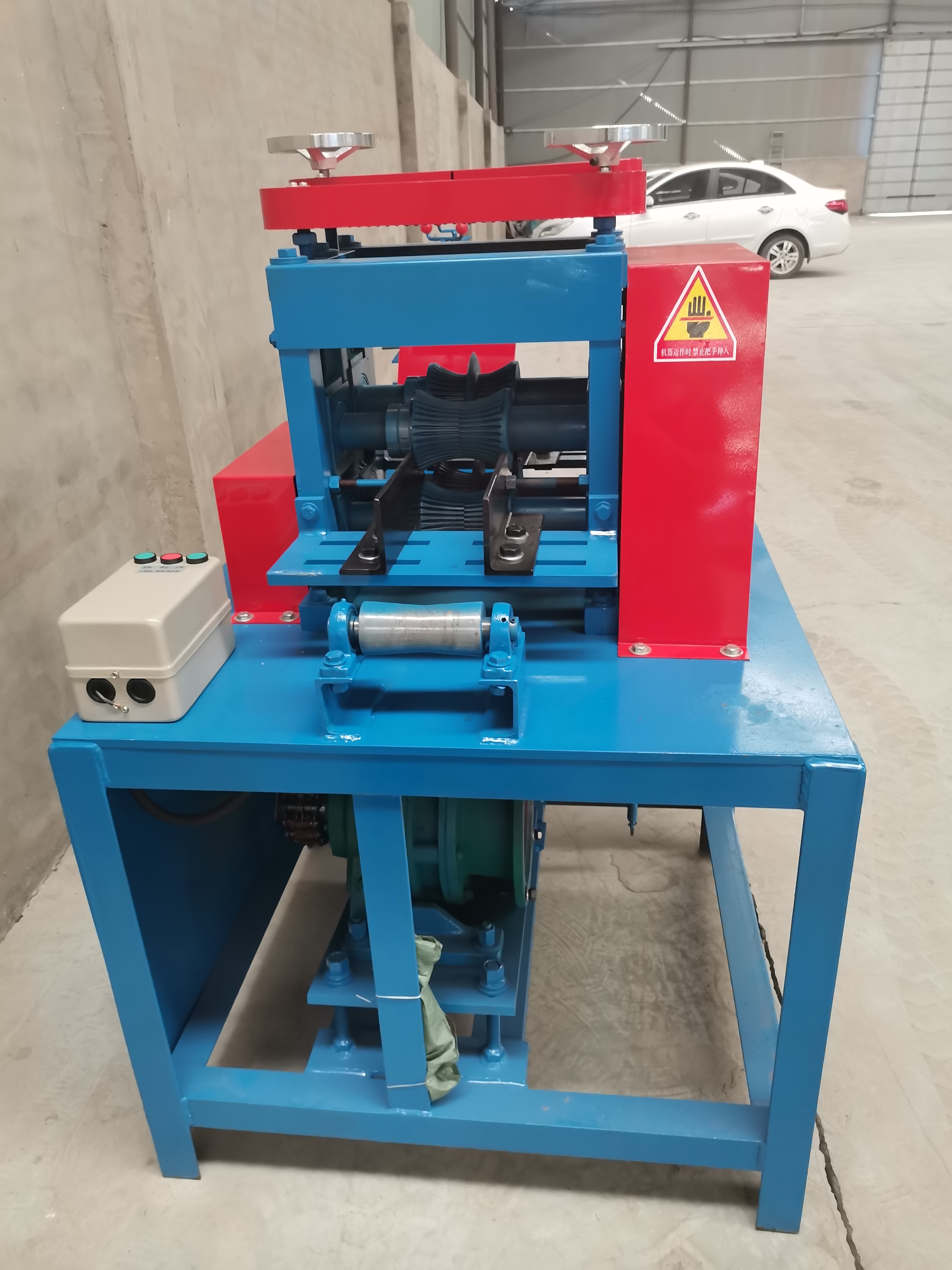

10월 . 17, 2024 16:10 Back to list
The Role of Industrial Crushers in Modern Manufacturing
In today’s fast-paced industrial environment, the efficiency and reliability of manufacturing processes are paramount to a company’s success. One critical component that plays a vital role in various industries is the industrial crusher. These machines are designed to reduce large materials into smaller, more manageable pieces, facilitating easier handling, transportation, and further processing. This article delves into the significance of industrial crushers, their working principles, and their diverse applications across different sectors.
Types of Industrial Crushers
Industrial crushers come in various types, each designed for specific applications and materials. The most common categories include
1. Jaw Crushers Known for their powerful crushing capabilities, jaw crushers use a pair of opposing jaws to crush material by compression. They are often employed in mining and construction to break down large rocks and ore.
2. Cone Crushers These crushers utilize a rotating cone within a fixed outer shell to crush materials. Cone crushers are ideal for secondary and tertiary crushing phases and are effective in handling harder materials like granite and basalt.
3. Impact Crushers Designed to pulverize materials through high-speed impact forces, these crushers are perfect for breaking down softer materials. They are commonly used in recycling applications, especially for concrete and asphalt.
4. Hammer Crushers Featuring a rotor with attached hammers, these machines crush materials by repeated blows. Hammer crushers are particularly effective for soft to medium-hard materials and are widely used in industries like coal, gypsum, and limestone processing.
5. Roll Crushers Utilizing two cylindrical rollers, roll crushers crush materials through compression. They are often used for smaller, softer materials, including clays, coal, and limestone.

Working Principles
The operational mechanism of industrial crushers typically involves the following stages feeding, crushing, and discharging. Initially, raw materials are introduced into the machine through a feeding tray. As the materials enter the crushing chamber, they are subjected to various forces—be it impact, compression, or shear—depending on the type of crusher. Once crushed, the reduced material is discharged through an output section, ready for further processing or use.
The design and engineering of these machines ensure that they can handle large volumes of material efficiently, with minimal downtime. Many modern crushers are equipped with advanced technologies that allow for automated operations, monitoring, and preventive maintenance, enhancing their overall performance and longevity.
Applications Across Industries
Industrial crushers find applications across a broad spectrum of sectors. In the mining industry, they are essential for crushing ore to extract valuable minerals and metals. The construction sector relies heavily on crushers to process aggregates for concrete, asphalt, and other construction materials.
In the recycling industry, crushers play a pivotal role in reducing waste materials such as concrete, glass, and plastics, making them easier to handle and recycle. Manufacturing industries, including food processing and pharmaceuticals, also utilize crushers to convert raw materials into manageable sizes for further production processes.
Additionally, the agricultural sector benefits from crushers that process crops for feed and other uses, while the wood and biomass industries use crushers to produce chips and pellets for energy generation.
Conclusion
Industrial crushers are indispensable machines that facilitate the efficient processing of various materials across multiple industries. Their ability to reduce bulk materials into smaller, manageable sizes not only enhances efficiency but also underpins the sustainability of resource use. As industries continue to evolve with technological advancements, industrial crushers remain a cornerstone in achieving operational efficiency and meeting the growing demands of modern manufacturing. Whether in mining, construction, recycling, or agriculture, the importance of these machines cannot be overstated, marking them as essential tools for the future of industrial processes.
Latest news
Troubleshooting Common Eddy Separator Problems
NewsJul.04,2025
The Role of Metal Recycling Plants in Circular Economy
NewsJul.04,2025
The Impact of Recycling Line Pickers on Waste Management Costs
NewsJul.04,2025
Safety Features Every Metal Shredder Should Have
NewsJul.04,2025
How Industrial Shredders Improve Waste Management Systems
NewsJul.04,2025
How Cable Granulators Contribute to Sustainable Recycling
NewsJul.04,2025